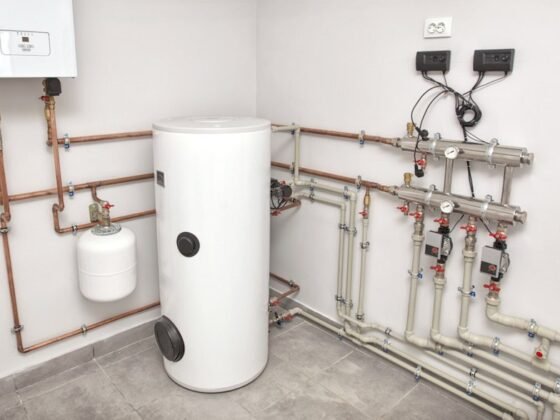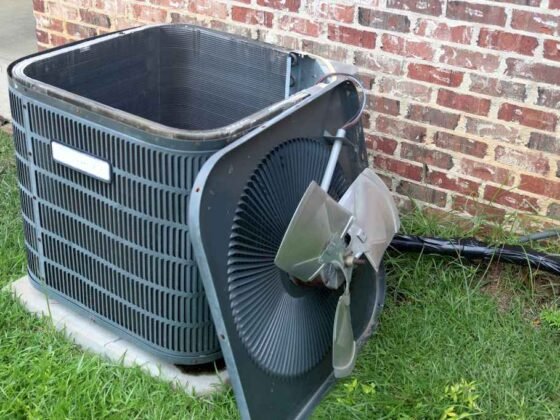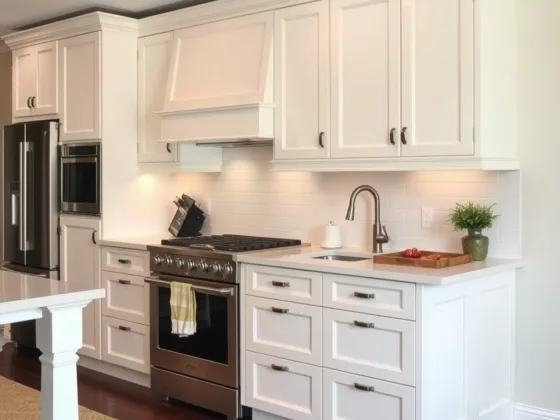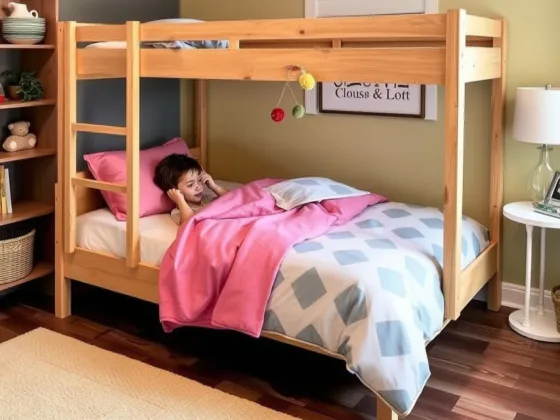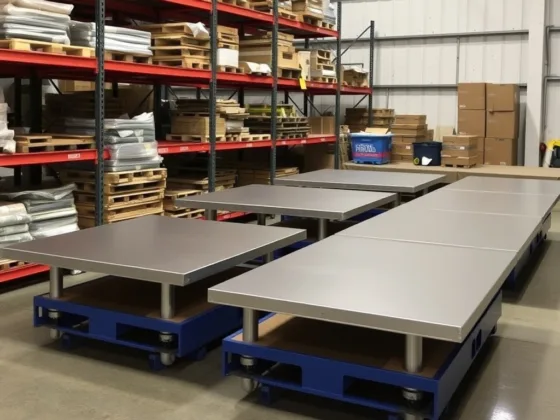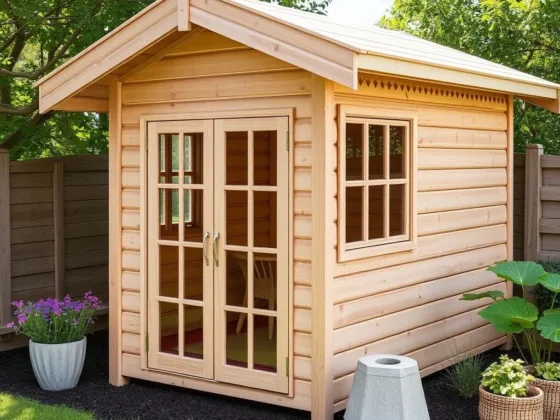Table of Contents Show
It’s a new house, right? So for what reason do you need an inspection? After all, the house was built from scratch, customized to your needs, no one’s lived in it, and there’s unlikely to be anything broken.
It sounds a lot like a waste of time and money, but it’s not. You’ll be surprised to find some very common mistakes in newly constructed homes.
You may encounter significant defects if manufacturer recommendations weren’t followed, or the builder decided to cut corners, which, believe it or not, some of them do.

Conducting a new construction inspection is one of the most important things you could do when buying a home. The inspector will evaluate plumbing systems, the electrical system, the roof, foundation, attic, interior, etc.
In this article, we’ll discuss everything you need to know about new construction inspections.
Read Also:
- 5 Best Reasons to Hire Professionals in Construction Cleaning in Melbourne
- Having Trust Issues for Your New Buy? Look for Building Inspections
- Best High Tech Inspection Tools Every Homeowner Should Have
- How Does Building InspectionsHelp Potential Home Buyers?
- Save Time and Money with Reliable Home Inspections
- Steps to Prepare Your House for a Home Inspection
- A Look at the Different Types of Building Inspectors
What Is a New Construction Inspection?
An inspection is a third-party evaluation of a newly constructed house. Once you hire the best building inspector, they will check out the house then give you an evaluation of their findings.
In the case of defects and building mistakes, you can then go to the builder and ask them to fix all underlying issues before you close the deal.
Essentially, an inspection will ensure that you have a hazard-free home and you can be sure that you’re making a good investment decision. No one wants to start off with repairs after purchasing a new home.
Home Inspection During Construction
If you’re having your home built from scratch, routine inspection is vital during different parts of the project.
An inspection acts as a guarantee that the work being done is progressing as planned according to standards, regulations, and requirements.
The construction inspection usually includes:
- Inspecting and documenting all activities
- Inspecting the construction process to ensure all procedures comply with specifications and the plan
- Inspecting the quality of installations
- Scrutinizing drawings and discussing non-conformities or deviations among others
What Are the Stage Construction Inspections?
During the planning process, the builder will assure you that your home will meet all the standards and satisfies your personal preferences.
However, you can never be too sure with builders, and you have no idea whether there will be inadequate workmanship. One of the most important steps you can take is to invest in stage construction inspections.
Stage inspections involve conducting an inspection during different stages of the construction, going from the foundation to the roof and everything in between. Let’s dig deeper into these stages.
The Foundation Stage
The pre-pour stage covers the quality of workmanship during the concrete placement. This means that the inspector will look at the foundation forms, the rough-in plumbing, and reinforcement.
The inspection should be done a day ahead of the concrete placement to ensure that everything is in place. The slab should also be inspected to avoid cracks.
The Framing Stage
This stage is known as the top out inspection and is usually done once the framing is substantially complete or fully completed.
The inspector will evaluate the rough-in plumbing, HVAC, and electrical system at this point. This inspection should be done before the walls are covered to avoid problems later on.
The inspector will also evaluate the roof frame and ensure that all the doors and windows are the right size and in the right place. Additionally, they will evaluate the tie-down straps to ensure they’re in the right place.
The Lock-Up Stage
At this point, the roof and brickwork are already complete, and the process has moved to the lock-up stage.
An inspection will generally focus on ensuring the workmanship of the whole process is adequate when it comes to bricklaying and roof covering.
The inspector will also check the structural components to ensure they meet the building codes, and the building is ready for the surface material installation.
The Completion Stage
The final stage is the practical completion stage when the builder has completed construction but is yet to hand over the keys to you as the owner of the house.
At this stage, the building inspector will do a thorough inspection of the finished workmanship and materials.
These include the bathrooms, fixtures, plastering, brick cleaning, cabinets, and ceilings. They will ensure that everything is consistent and acceptable before giving the green light to give you the keys.
Common Issues Found in Newly Constructed Homes
If you choose to buy a newly built house, you should do an inspection as well.
It should be relatively well built without mistakes, but according to most inspectors, most newly constructed homes often have underlying issues that may not be noticeable unless inspected.
Grading and drainage issues that could eventually cause structural and water damages and structural defects such as poor framing and foundation cracks.
Window leaks and HVAC are also common, and so are electrical problems, which have to do with missing switch plates, open grounds, and improperly wired outlets.
Beyond that, most inspectors encounter plumbing issues that include leaks, improper piping, reversed faucets, and a lot more.
You may even encounter insufficient insulation and half-installed fixtures. There’s really no telling what you could find, which reinforces the importance of inspection.
The Benefits of New Home Inspection
Hiring a home inspector may not be mandatory, but it can save you a lot of trouble, and a lot of money in the long run.
As long as you hire the best building inspector, you’ll reap several benefits, some of which we have outlined below.
You’ll Alleviate the Home Buying Risk
Buying a home is a significant investment, whether it’s your first or not. It’s an expensive investment that entails an overwhelming amount of details.
Hiring an inspector will alleviate the risks involved in the mortgage you’re about to get for the home. The biggest advantage of an inspection is catching the potentially expensive repairs that may not be obvious to you.
You’ll Make a Confident Purchase
Having an inspector means you’ll have another chance to review your purchase decision before you finally close the deal.
In a competitive housing market, you’ll have some room to be confident in your purchase, and you’ll make the payments without having any doubts at all.
You’ll Save Money
Most of the time, the reason why home buyers forego hiring an inspector is to save money. However, the amount of money you have to pay the home inspector is insignificant compared to how much you may have to end up spending on repairs.
The cost of a newly constructed house may not be as high as that of an old house, and the price will be well worth it because you may save yourself thousands of dollars in repairs.
You Many Get a Great Bargain
Having a home inspection places you in a good position to bargain the price of the house. You will have leverage when negotiating the property if there are mistakes that need to be fixed.
The builder may also opt to repair all those mistakes before you close the deal.
How Do You Find the Right Home Inspector?
Having a professional and reliable home inspector is important, even if it’s a newly constructed home.
You can ask friends and relatives for referrals if they purchased homes recently or check out online communities.
Get References From Your Real Estate Agent
Real estate agents are a good resource when it comes to contractors and home inspectors, and if you trust the real estate agent you’re using, you can ask them to recommend someone.
Professional agents recommend inspectors that are reputable enough and do a thorough job.
Still, you need to be careful because some agents make deals with inspectors and you may not get a thorough inspection.
Some inspectors may also give you a bad report and make it sound as if the house is not up to par so that you can hire them again once you find another home.
Look for Bonded and Insured Inspectors
Whether you choose a large company or a small business, the inspector has to be bonded and insured as well.
Inspecting a home involves climbing up the roof, crawling into spaces, and wandering through basements, which comes with some risks. If something happens and they get injured, their insurance will take care of it.
Ensure That They Only Do Inspections
The problem with inspectors that offer other services, such as renovations and repairs is that there is always a conflict of interest.
There is always a chance they will see repairs, even when there are none, so they can also get the job of doing those repairs. What you need is an objective opinion.
New Construction Inspections: Bottom Line
Now that you know the importance of a new construction inspection, you should know that it’s also important to be there during the inspection.
It may take longer, but you want to ensure that they do check every aspect of the home and write a thorough report. You want to learn as much about your new home as possible, and this is the best time to do it.
If you’ve found our information insightful, please go to our website where we have more for you.
